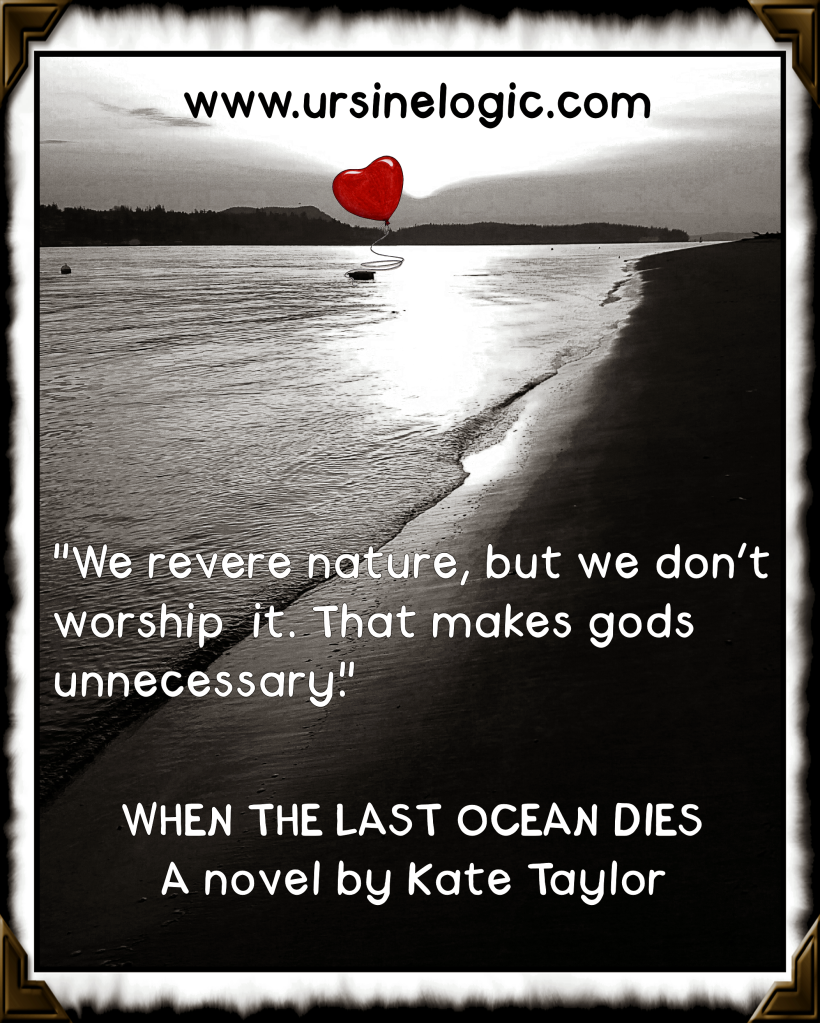Several times, when discussing the books from the Last Planet Chronicles people asked if I was a buddhist, taoist, druid, pagan, witch, tree hugger, or anything else that might explain why I believed everything was connected to itself. The answer is yes to all and no to all. I came by my beliefs in the purest way possible; I experienced them.
Three experiences shaped me more than others. The first was nature. We became friends early because I was a kid who loved outside. It was a place of peace, of silence, of blissful solitude. From a very early age I went outside to sit alone, quietly and happily entertained by my thoughts that were free to roam without the influence of others.
My love of the outdoors only grew stronger with the passing years. I walked, hiked, climbed, and slept under open skies when I wasn’t working or in school. I grew gardens. I swam in rivers, lakes, and oceans. I sat in the contemplative silence of riverbanks, lakesides, mountain overlooks, decks, and porches. I was always connected to nature. I didn’t become this way. I was always this way.
My second experience that shaped my perceptions was music. I grew up around music. I attended endless rehearsals. I went to recitals. I went to concerts. I went to performances. I learned early how to lose myself in music, how to hear and feel it so completely there was no separation between me and the sounds that filled me like the blood in my veins, the air in my lungs, and the beats of my heart. I was one with the music and it was one with me.
The third experience that shaped my perception of how we were all connected was the most powerful. Love. I learned if you did it right, if you opened your heart and stripped it bare to another, the separation between you disappeared. The skin became an artificial and meaningless barrier, because the interaction of love took place in a world I couldn’t see but only sense. I couldn’t put my hand on love and say that was it. I learned if I could separate myself from what I felt, then it wasn’t love.
I hope this explanation answers how I came to believe what I believe, and if not, all three books try to explain the power of those connections. If we fail to understand how we are connected to nature, to the earth, to the water, to the trees, to the very soil itself, and especially to each other, the planet is doomed. Only by reclaiming and strengthening that connection will we finally understand the damage we do to the planet is damage we do to ourselves. Only then can we finally move forward as one people and one planet.
“We revere nature, but we don’t worship it. That makes gods unnecessary.” from When The Last Ocean Dies
Kate Taylor’s Books and Art Ursine Logic




